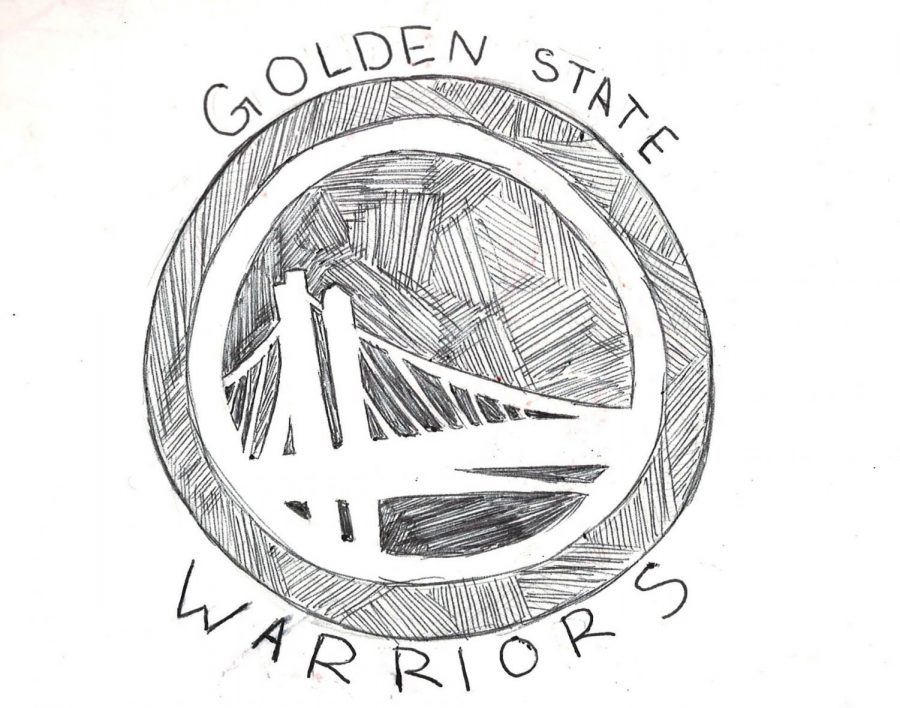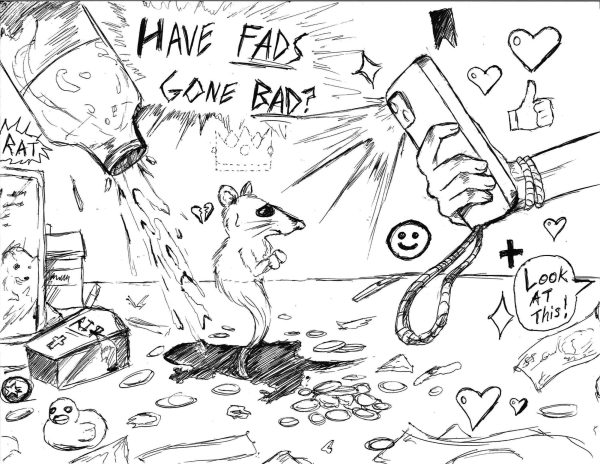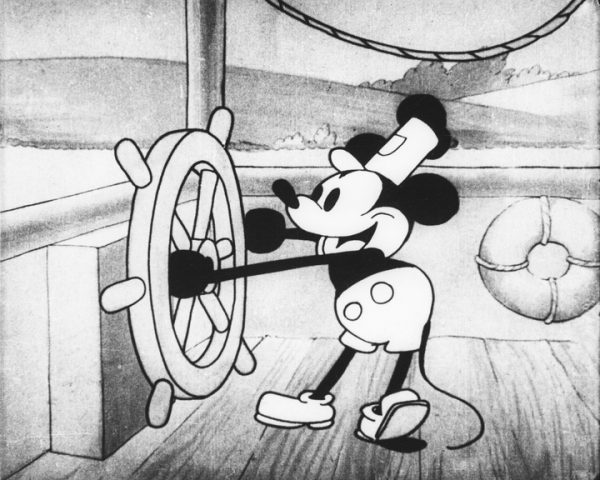Warriors dominate NBA, superteams raise ratings
August 31, 2018
Another off-season has come and gone since Kevin Durant’s controversial decision to leave Oklahoma City for the team that beat him in the Western Conference Finals: the Golden State Warriors. Since that fateful July day in 2016, the Warriors have won back-to-back titles, with Durant taking home Finals MVP both times. With this league-wide dominance seeming as though it’s bound to continue, many fans believe that the NBA championship for the next few years is all but belonging to the Warriors. This predictability has made the past two years’ playoffs boring to some, and after the addition of superstar center DeMarcus Cousins this summer, it is a pretty widespread belief that the NBA has essentially been ruined by the overwhelming talent on the Golden State roster.
A lot of the blame from fans has been placed on the league commissioner, Adam Silver, but this is unfounded. He has no control over free agency decisions and cannot veto any signings. Some people think that a rule change is the best way to restore parity, which would place some fault on Silver, since he does have the final say on any proposed alterations. However, the actual details in applying something like an “All-Star limit” would make it quite difficult to enforce. For example, look at the Boston Celtics. On their current roster, they have three players that have been All-Stars in the past two years (Irving, Hayward, and Horford), but two rising stars primed for a future All-Star Game appearance in Jayson Tatum and Jaylen Brown. Suppose the league limits a team to four or fewer All-Stars. Would they need to trade one of those five players if Tatum and Brown reach their full potential? And would the return from said trade need to be of lower value? The idea of a forced trade in that situation is certainly less than ideal and would be punishing teams for developing talented young players.
All of these proposed “solutions” imply that this is a problem that needs to be solved, yet the whole “superteams” phase that the NBA is in right now could be exactly what it needs. Last year, during the 2017 Finals, average viewership was at its highest since 1998’s Bulls-Jazz matchup, at 20.5 million. People want to see David vs. Goliath: LeBron vs. the Warriors. It was a gripping storyline to see if one man (plus Kevin Love) could take down a whole squad of All-NBA talent, and now, LeBron being in Los Angeles, any games where those two teams meet will be must-see TV. Fans want to see the Warriors get dethroned. Even if the results are sometimes predictable, it’s still basketball. Anything can happen. That’s the entertainment that the league is striving to be.
It isn’t like the Warriors are unbeatable, either. They would likely have been eliminated by the Houston Rockets had Chris Paul not gotten injured. There is plenty more competition in the NBA than some make it out to have. Boston is extremely talented, Toronto is sort of a wild card, and Oklahoma City might find a way to pull it together now that Carmelo Anthony is gone. LeBron is a walking championship contender, wherever he goes. Houston is on a similar level. Plus, the Cousins signing is a one-year rental anyway. He’ll use this season to rehab from his Achilles injury and probably win an easy championship, then sign elsewhere for a lot more money.
Ratings are up across the board and basketball is growing in popularity worldwide. If it takes a superteam to do it, then so be it.










